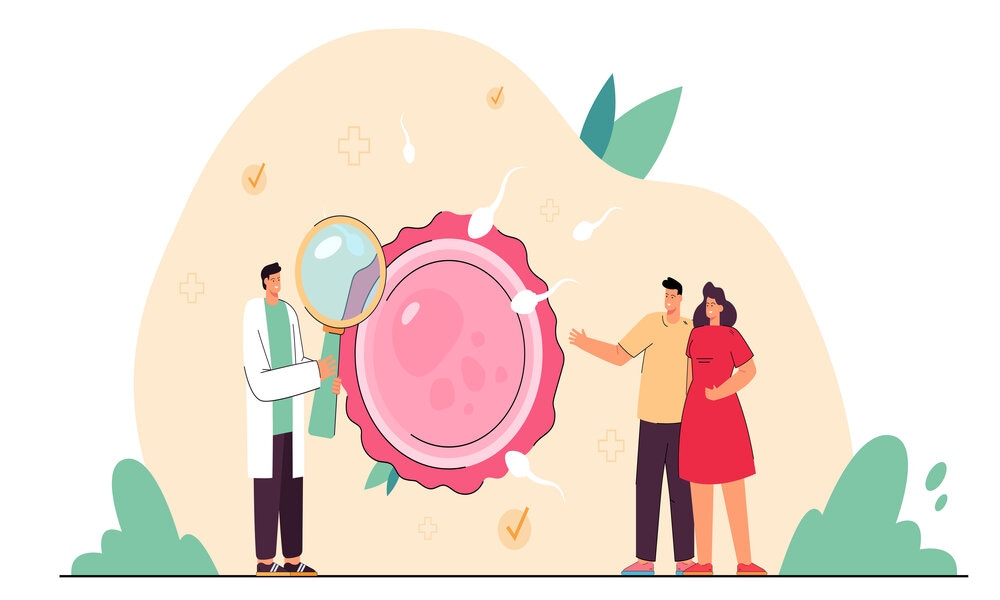FERTILITY PRESERVATION
Is an emerging field that offers treatment aimed at protecting future reproductive ability for individuals with cancer or other serious illnesses. It has given a new dimension to assisted reproductive technology services. With a post thaw embryo / gamete survival rate of around 90 % and around 50 % implantation rate, the infertility specialists confidently offer cryopreservation to all who want to delay childbearing or whose fertility is at risk.
Why do fertility preservation techniques insists insist a preemptory attention in this era?
Why the need is real, crucial and prevalent?
There are innumerable reasons, ranging from pioneering advances in cancer diagnostics and treatment, to changes in our concerns and obligations with fertility being delayed and inconsideration of percussion. Of delayed age, and lastly it has emerged as hope to all the transgender community of holding baby of their own flesh and bone. There are several other conditions where women or men can seek this intervention to preserve their fertility for instance many autoimmune and hematologic conditions sometimes require chemotherapy, radiotherapy, or both and sometimes even bone marrow trans- plantation.
As a fertility health torch bearers what’s our role towards society and to individual in circumstance as these? It is to not only shrink the disease. burden but also preserve the individual’s choice of pregnancy, which can be sought by both men and women and other genders. It’s ours to see to sublime the psychological anguish and economic hardship that one has to go through this procedure.
When we talk about the options and alternatives, currently sperm, egg and embryo cryopreservation are standards of care for preserving fertility in reproductive age cancer patients, ovarian tissue cryopreservation is still considered experimental. Adoption and surrogacy may also need to be considered in a few cases.
SOCIAL EGG FREEZING
Also known as elective or non-medical egg freezing/ anticipated Gamete Exhaustion banking. It refers to the practice of freezing and storing the woman’s eggs while they are still relatively young and of good quality, even if they do not have an immediate intention of becoming pregnant. The primary goal of social egg freezing is to provide women with more control over their reproductive timeline, particularly in situations where they may not be ready or able to have children due to career, educational pursuits, personal reasons, or lack of a suitable partner. By freezing eggs at a younger age, women can potentially increase their chances of successful pregnancy in the future, as egg quality and quantity tend to decline with age.
CLINICAL FERTILITY PRESERVATION OPTIONS IN
FEMALE AND MALE
1. PELVIC SHIELDING
2. OVARIAN TRANSPOSITION
3. TESTES SHIELDING
4. SPERM BANKING
5. SPERM EXTRACTION
6. EMBRYO BANKING
7. EGG BANKING
8. IN VITRO MATURATION
SOCIAL EGG FREEZING
In 2013, the ASRM declared that oocyte cryopreservation was no longer and experimental procedure and could be used as an option for fertility preservation. It is also referred to as Anticipated Gamete Exhaustion banking. It also enhances a women’s reproductive autonomy and allows term to feel more socially, psychologically and financially stable before motherhood.
THE RISK AND LIMITATIONS OF FERTILITY PRESERVATION
TECHNIQUES – ART PROCEDURE
however, the boon has its own accompanying snags in particular multiple pregnancy and related complications, increased risk of low birth weight, prematurity, and perinatal mortality which might be a hindrance to pursue fertility preservation because of perceived potential detrimental maternal and
offspring health outcomes. The hanging sword of passing the cancer to offspring might be another stumbling block.
POSTHUMOUS REPRODUCTION
Refers to the retrieval of gametes and reproductive issues after a person’s death or after they have become
incapacitated and their death is imminent, it also deals with the storage and the use of these gametes and reproductive tissues after the person’s death.
Fertility perseveration has come up as an worthwhile asset as it strengthens a women’s reproductive autonomy and allows them to feel more socially, psychologically and financially stable before motherhood. Cancer patients have a humongous mountain to climb to reach the normalcy where as a transgender in all of their struggle with perceptions and respectful and rightful place in the society these interventions have
given them to have a satisfactory family life.
Dr Shruti Sneha
MBBS, MS OBG, FRM
Craft hospital and research center, Kerala


